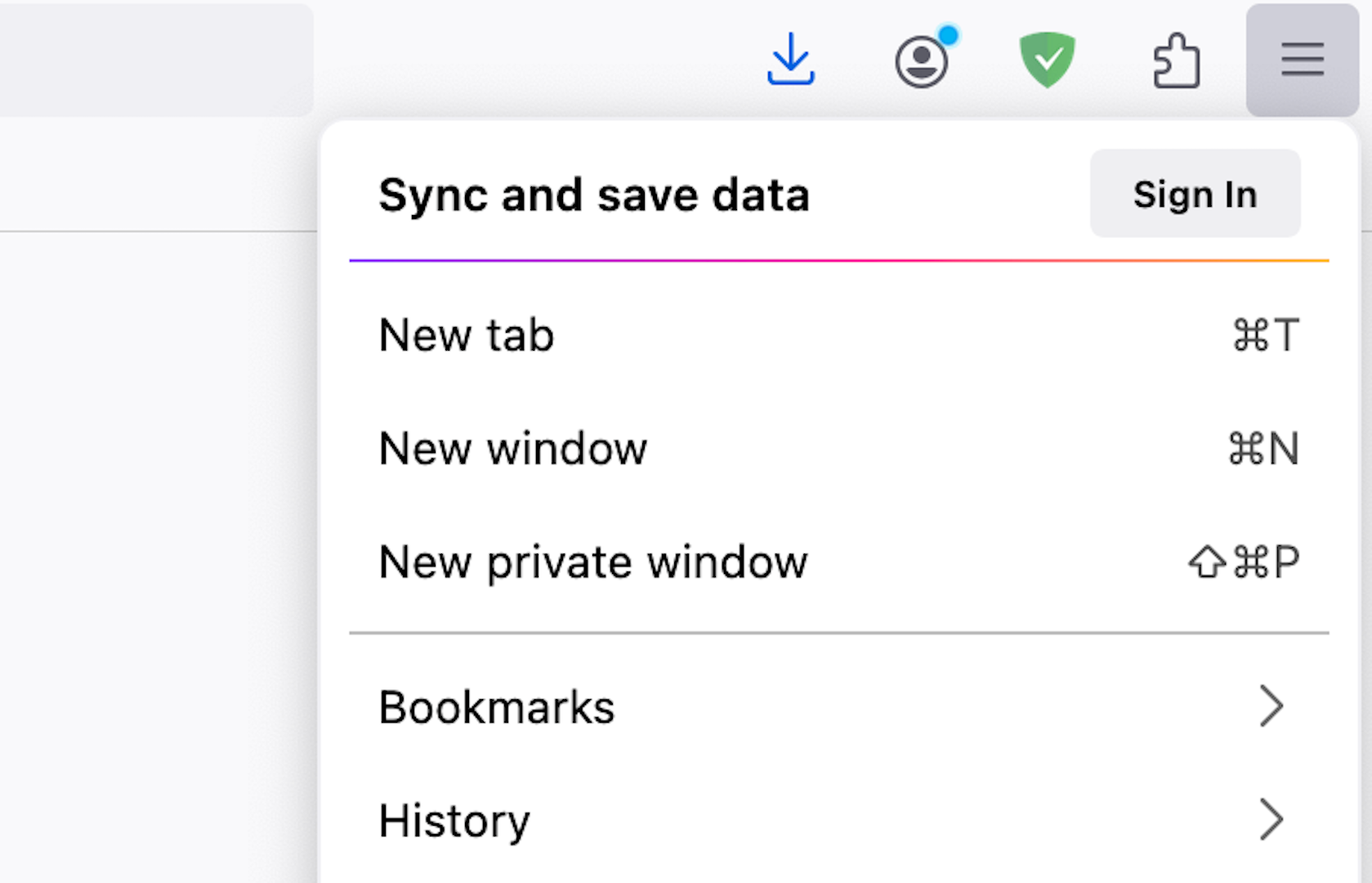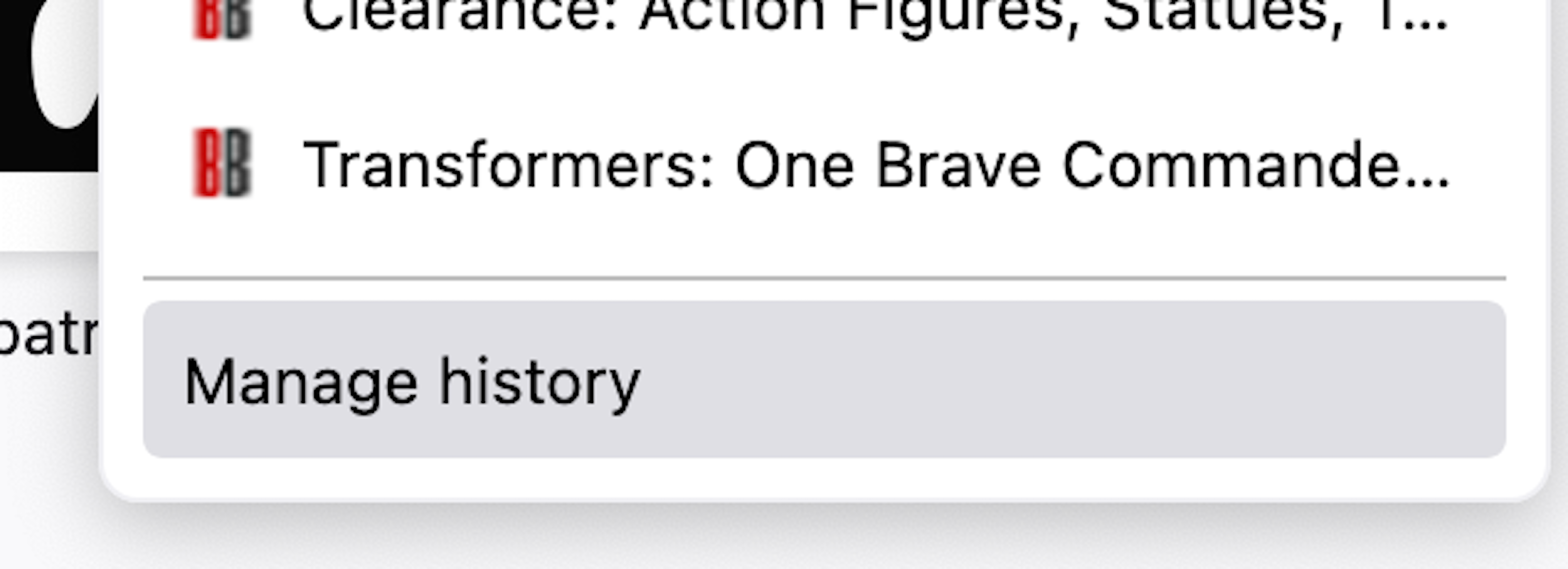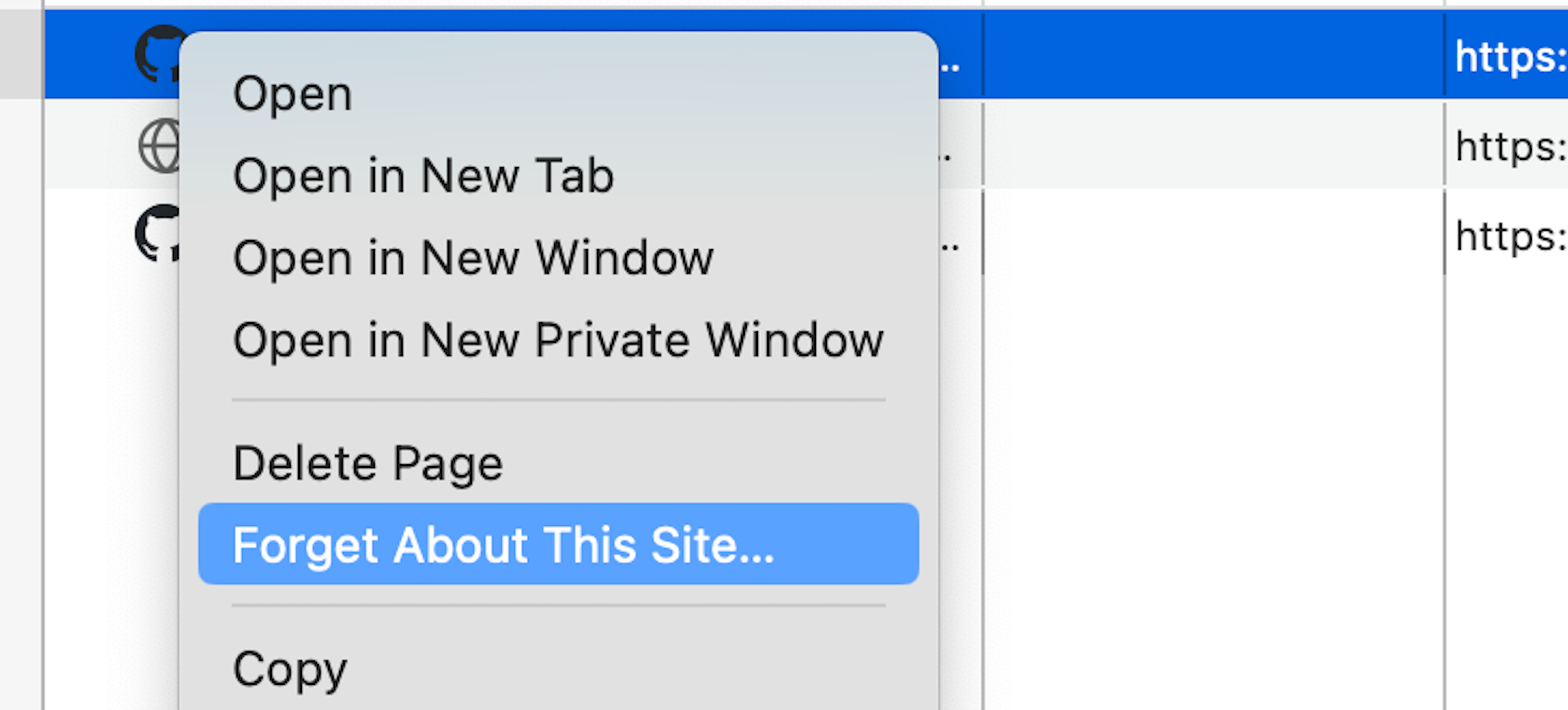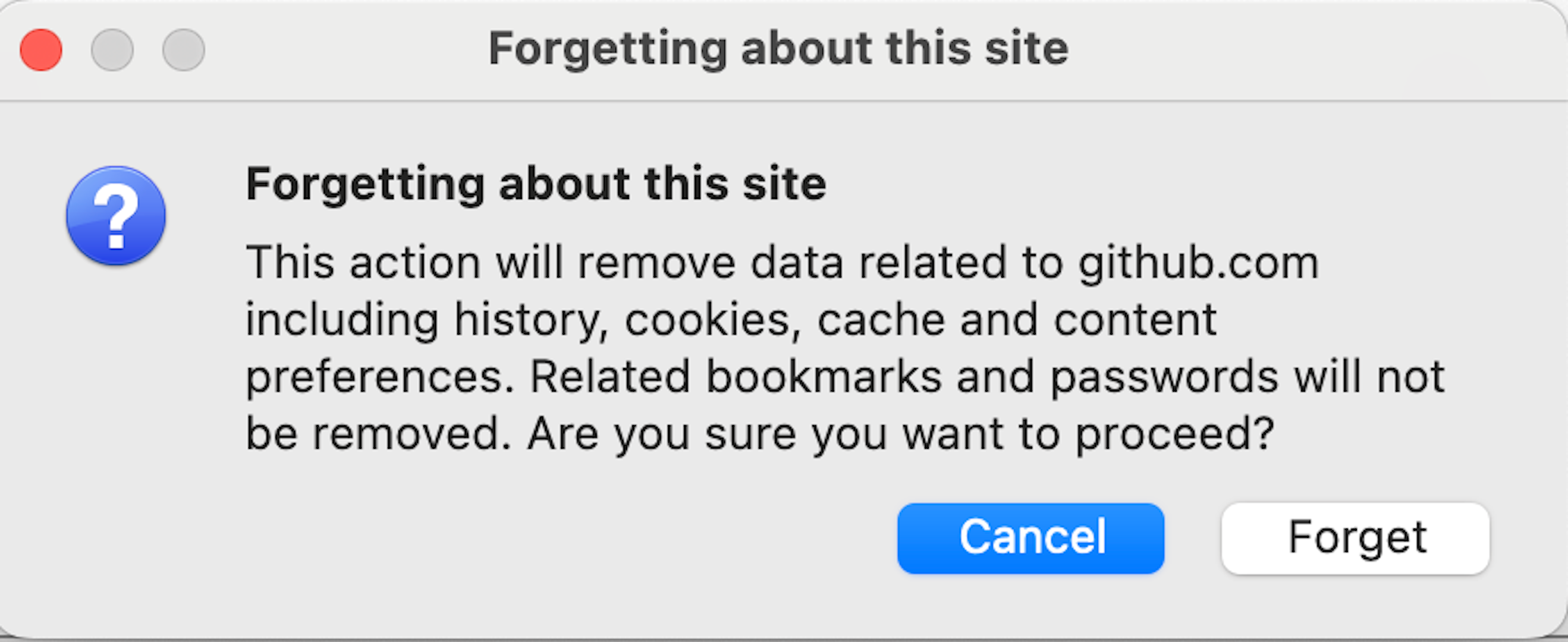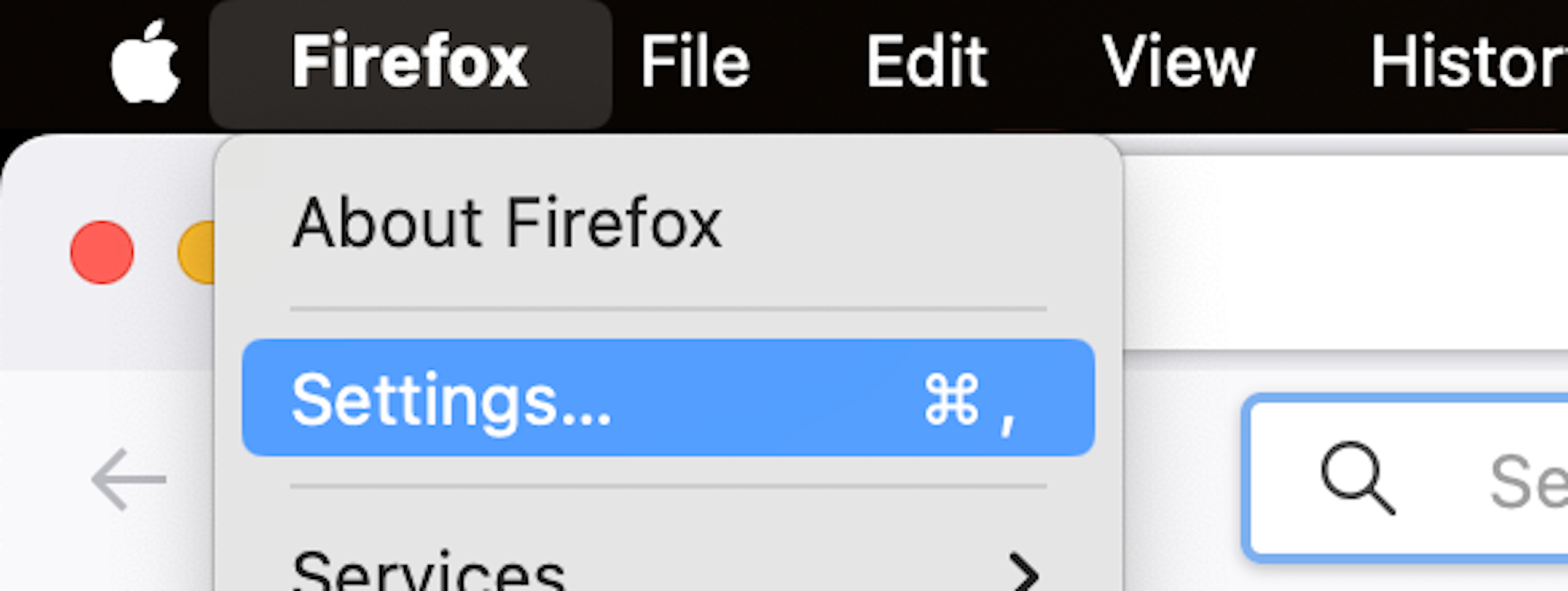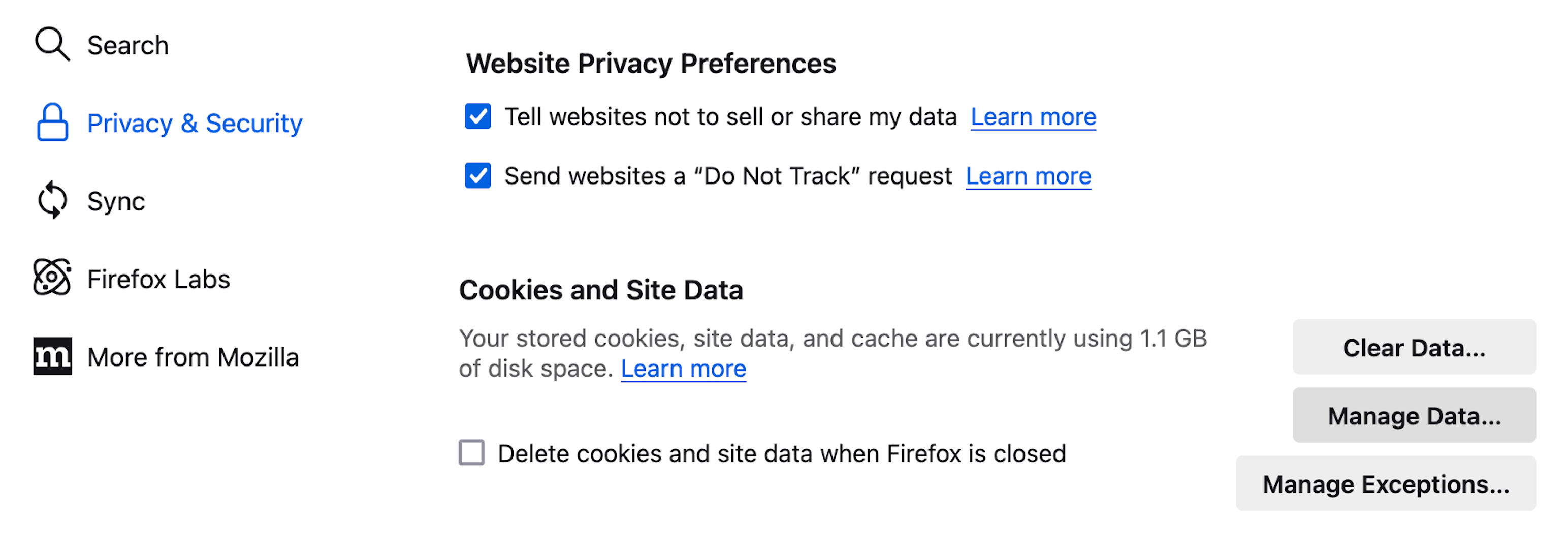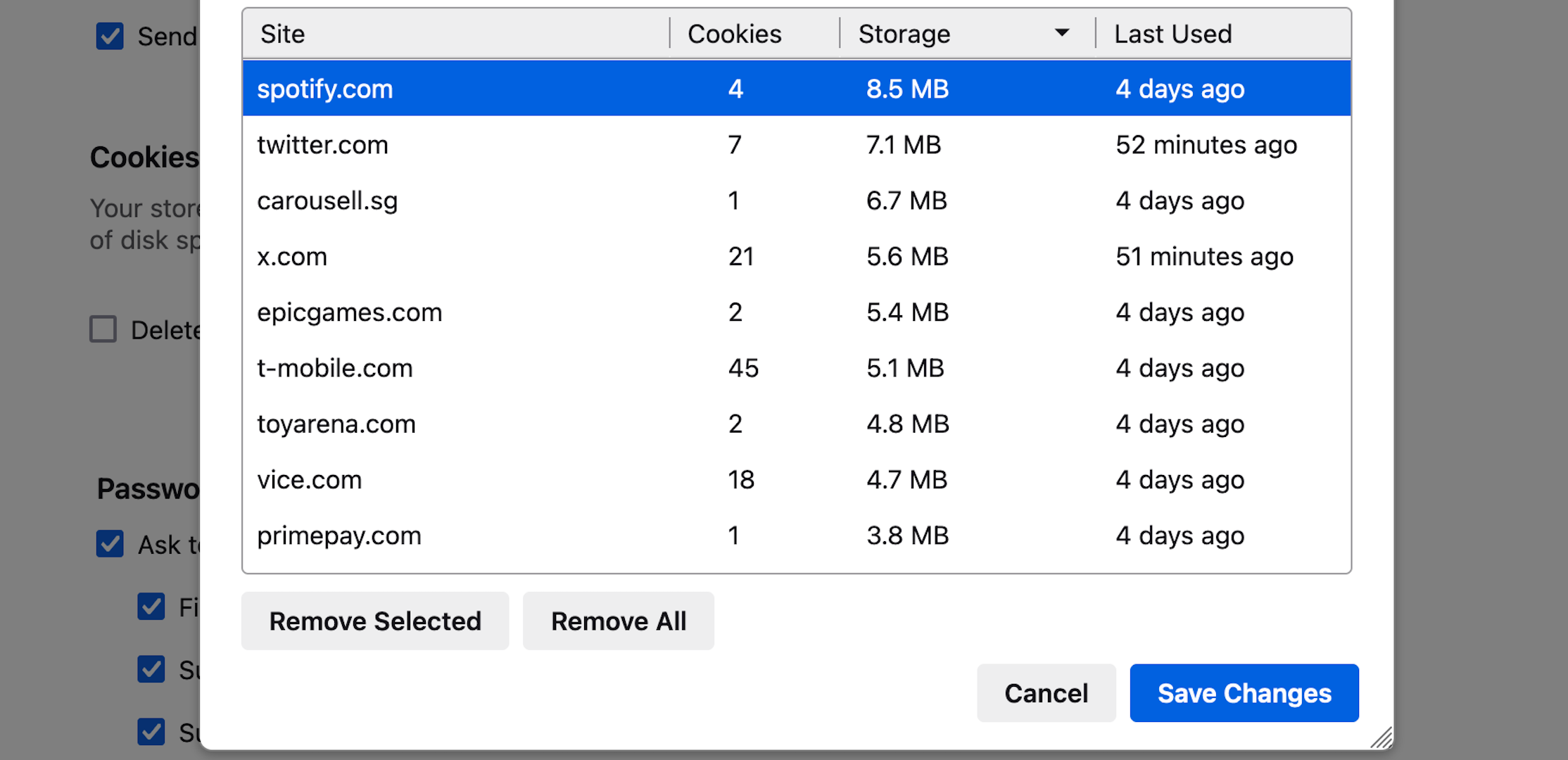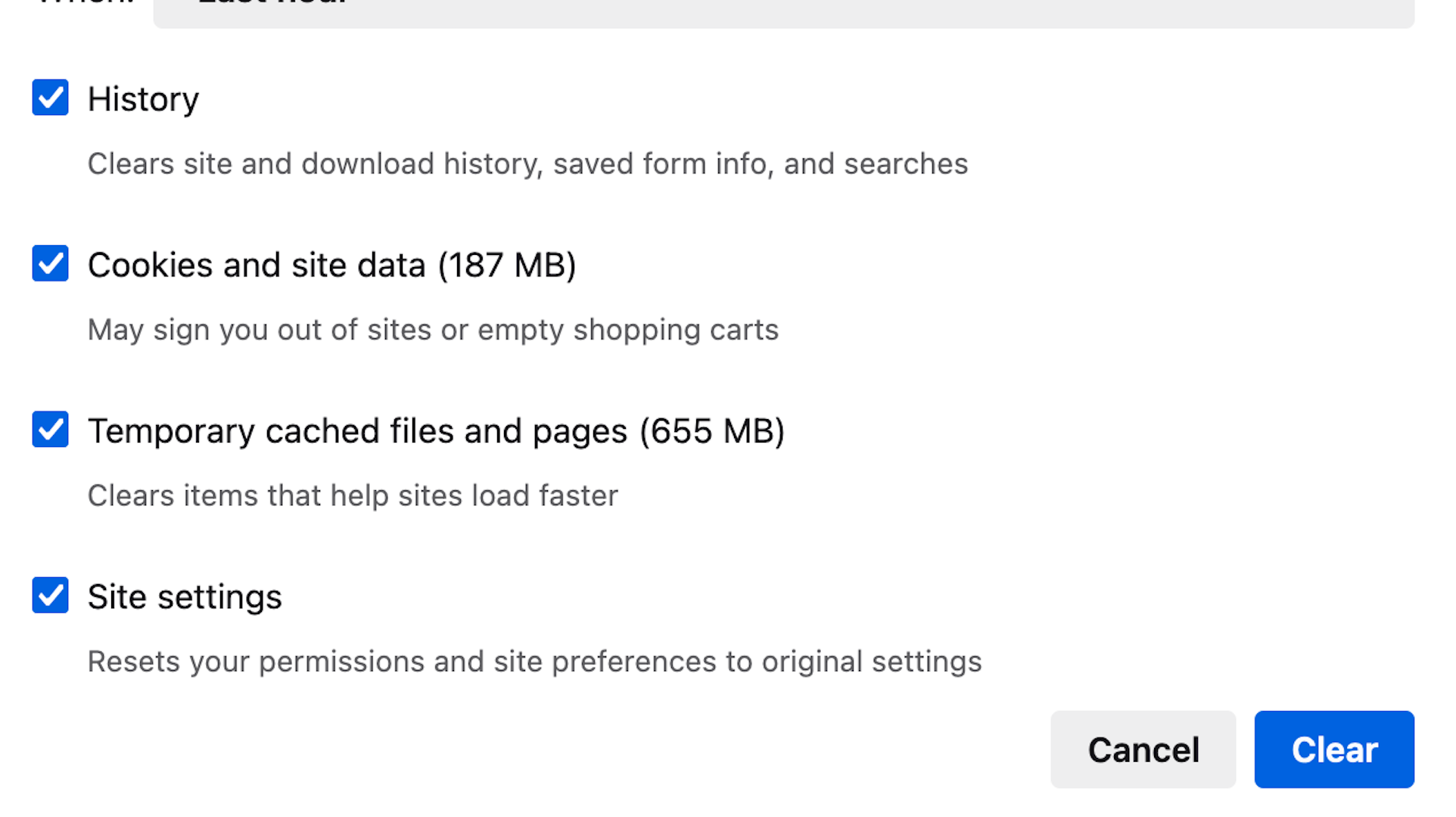Web browsers store website history to speed up navigation and loading, and you can delete all of that history fairly easily, but you can also target site-specific history if you know the right steps to take.
Why Delete History?
One of the most common reasons for clearing any browser’s history is when you’re using a public or otherwise shared computer. Clearing out the history when you’ve finished both protects your privacy, and prevents other users from potentially locating and logging into sites you’ve visited.
A browser’s stored history also eats into a device’s memory. One or two bits of stored or cached data won’t make a noticeable difference, but over time (especially if you visit a lot of websites) it will add up—sometimes to the point of significantly affecting your available hard drive space.
Clearing a Website’s History
Getting rid of all the stored data for one specific website in Firefox is a bit more involved than a regular history clearing, but it’s not too complicated. But be aware that clearing a website’s history this way will also delete any associated browser cookies, cached data, and site preferences.
In Firefox, click on the three horizontal lines in the top-right corner of the window. Then select “History” from the drop-down menu.
At the very bottom of the menu, find and select “Manage History.” This will open a Library pop-up window.
Click in the “Search History” text field in the top-right corner of the pop-up window and type in the name of the website you want to clear out.
Press and hold Control on a Mac or right-click on a PC, then click the name of the site you want to clear out inside the search results list.
Select “Forget About This Site” from the drop-down menu that appears.
Click “Forget” in the pop-up confirmation window to delete all of that particular website’s history.
Removing Cookies and Cached Data
Browser cookies are intended to be a useful way for a website to store your login details and preferences, so that you don’t have to manually sign in and configure things every time you visit a particular site. However, some cookies can also be used to keep track of some of the sites you visit for the purposes of targeted advertising or personalized ads.
Open Firefox and click on the Firefox menu in the top-left corner of the screen on macOS, or click the three-line menu item in the upper right on Windows, then select “Settings.”
Choose the “Privacy & Security” option from the menu column along the left side of the window, then scroll down to “Cookies and Site Data.”
Click the “Manage Data” button to open a cookie management pop-up window.
Look through the list to find the website you want to remove cookies for, or type the site’s name into the search bar at the top of the window. Click on the site’s name in the list you want to remove, or hold Shift and click to select multiple entries.
Click “Remove Selected” to take all of the selected sites out of the list (repeat as necessary), then select “Save Changes” when you’re finished. Click “Remove” in the pop-up window to confirm.
Clearing Out All Stored Websites
Of course, if precision isn’t needed, you can mass-delete all of Firefox’s browser history and other stored data instead.
In Firefox on macOS, click the “Firefox” menu option in the top-left corner of the screen and select “Settings.” If you’re using Windows, click the three-line button in the top-right corner and select “Settings.” Then select “Privacy & Security” from the menu list on the left.
Scroll down to the “Cookies and Site Data” section, then click the “Clear Data” button to open a new pop-up window.
Click the drop-down menu next to “When” and choose a timeframe—”Last hour,” “Last Two Hours,” “Last Four Hours,” “Since 12:00 AM,” or “Everything.”
Check the boxes for all of the website data you want to clear—”History,” “Cookies and site data,” “Temporary Cached Files and Pages,” and “Site Settings”—then click the “Clear” button.
The thing to remember about deleting stored browser data is that it’s kind of a double-edged sword. It can clear out pesky trackers and free up memory you might not have realized was being utilized, but it may also make navigating and signing into your preferred sites more irritating. Choosing specific sites to remove should mitigate the annoyance somewhat.


